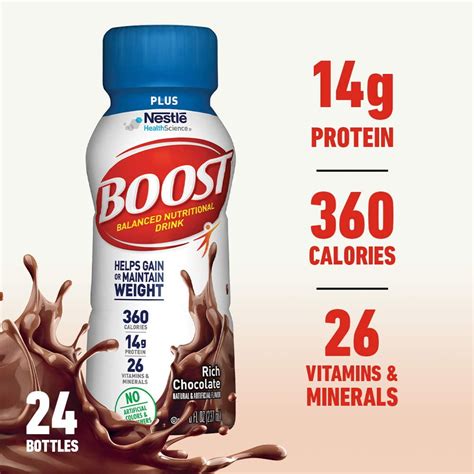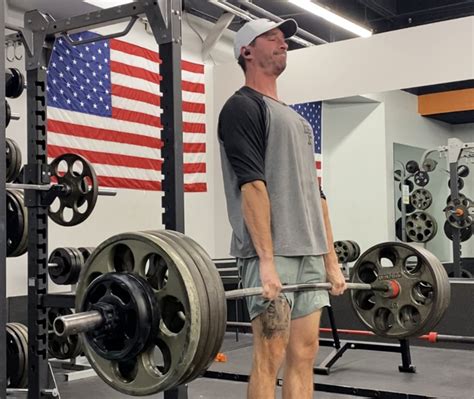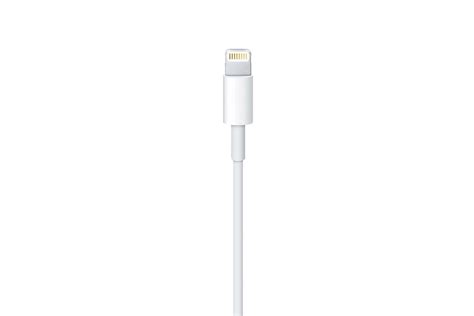What natural strategies boost male testosterone for energy & muscle?

Understanding Testosterone’s Crucial Role
Testosterone, the primary male sex hormone, plays a pivotal role far beyond just libido. It’s fundamental for building muscle mass and strength, maintaining bone density, distributing fat, producing red blood cells, and significantly impacting mood and energy levels. As men age, testosterone levels naturally decline, often leading to symptoms such as fatigue, decreased muscle mass, increased body fat, reduced energy, and lower sex drive. While this decline is normal, a holistic approach through natural strategies can help optimize these levels, fostering vitality and a healthier physique.
Many men seek ways to naturally enhance their testosterone to combat these signs of aging or to simply optimize their performance in the gym and in daily life. Fortunately, several evidence-backed lifestyle and dietary adjustments can make a substantial difference without resorting to synthetic alternatives.

Dietary Pillars for Testosterone Production
Embrace Nutrient-Dense Whole Foods
What you eat directly impacts your hormonal balance. To support testosterone production, focus on a diet rich in whole, unprocessed foods. Healthy fats are crucial; include sources like avocados, nuts, seeds, olive oil, and fatty fish (salmon, mackerel) rich in Omega-3s. Adequate protein intake from lean meats, poultry, eggs, and legumes supports muscle synthesis, which is intrinsically linked to testosterone.
Specific micronutrients are also vital. Zinc, found abundantly in oysters, beef, pumpkin seeds, and spinach, is directly involved in testosterone synthesis. Similarly, Vitamin D, often called the ‘sunshine vitamin,’ functions like a steroid hormone in the body and has a strong correlation with testosterone levels. Aim for sun exposure or incorporate fortified foods and supplements if needed.

Leveraging Exercise and Lifestyle for Hormonal Balance
Prioritize Strength Training and HIIT
Exercise is one of the most potent natural testosterone boosters. Heavy, compound resistance training (squats, deadlifts, bench presses, rows) has been shown to acutely and chronically elevate testosterone levels. Focus on challenging yourself with progressive overload to continuously stimulate muscle growth and hormone response. Combine this with high-intensity interval training (HIIT), which involves short bursts of intense exercise followed by brief recovery periods, to further amplify testosterone and growth hormone production.
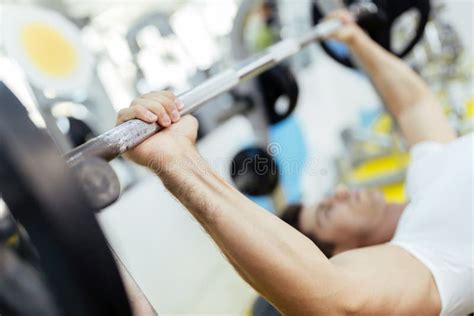
Optimize Sleep and Manage Stress
Quality sleep is non-negotiable for hormone regulation. Most of your testosterone is produced while you sleep, particularly during deep REM cycles. Aim for 7-9 hours of uninterrupted sleep per night. Chronic sleep deprivation can significantly reduce testosterone levels, impacting energy and muscle recovery. Equally important is stress management. High levels of the stress hormone cortisol can suppress testosterone production. Incorporate stress-reducing activities like meditation, yoga, deep breathing exercises, or spending time in nature.

What to Avoid for Optimal Levels
Just as there are strategies to boost testosterone, there are also factors that can actively diminish it. Excessive alcohol consumption is known to negatively impact testicular function and hormone synthesis. A diet high in processed foods, sugar, and unhealthy trans fats can lead to inflammation and insulin resistance, both of which are detrimental to testosterone levels.
Furthermore, minimize exposure to endocrine-disrupting chemicals found in plastics (BPA, phthalates), pesticides, and certain personal care products. These chemicals can mimic hormones or interfere with their natural production and function, leading to hormonal imbalances.
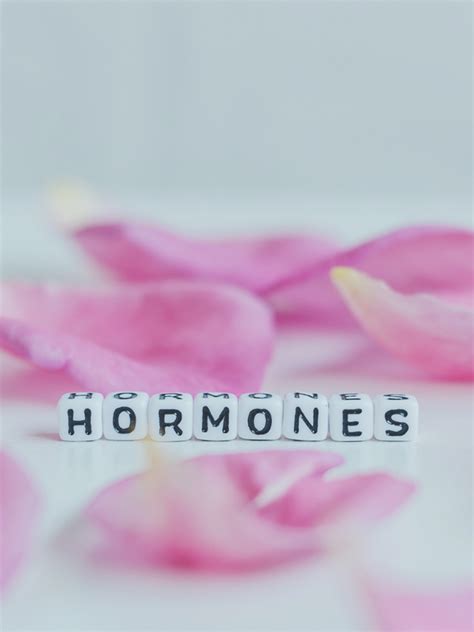
Conclusion
Boosting male testosterone for improved energy and muscle isn’t about quick fixes but rather a consistent commitment to a healthy lifestyle. By integrating a nutrient-rich diet, engaging in regular strength training and HIIT, prioritizing quality sleep, effectively managing stress, and avoiding detrimental substances, men can naturally optimize their testosterone levels. These natural strategies not only contribute to better hormonal health but also pave the way for enhanced physical performance, mental clarity, and overall well-being. Always consult with a healthcare professional before making significant changes to your diet or exercise regimen, especially if you suspect a hormonal imbalance.
